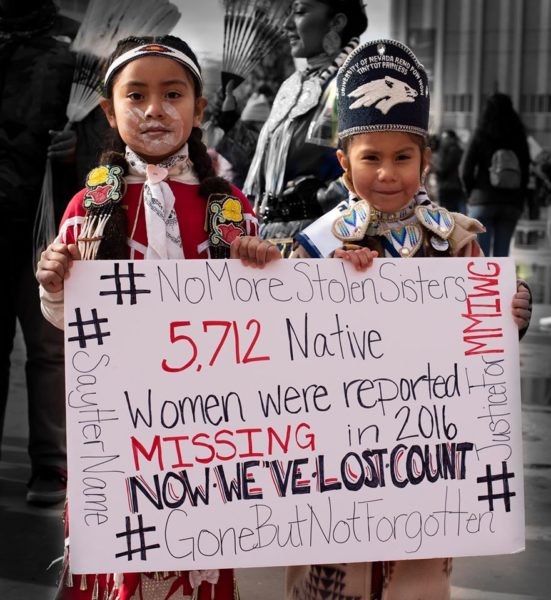
- Details
- By Levi Rickert
Thousands of women rallied across the United States on Saturday at 2020 Women's March events around the country. Among the thousands were Indigenous women who displayed Murdered and Missing Indigenous Women (MMIW) signs to bring attention to this tragic problem across America.
Participants and observers at rallies around the country provided photographs to Native News Online.
The numbers relating to this epidemic in Indian Country are staggering, as evidenced by these #MMIW Fast Facts, courtesy of the American Indian Health Service of Chicago:
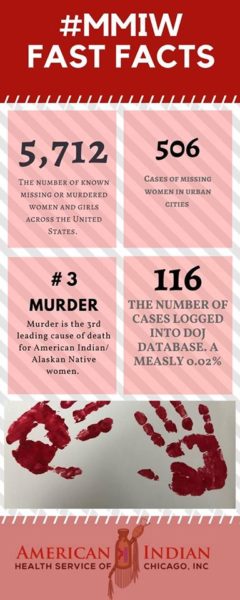
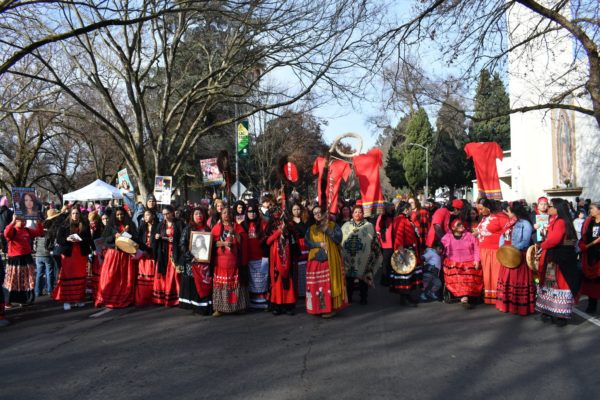
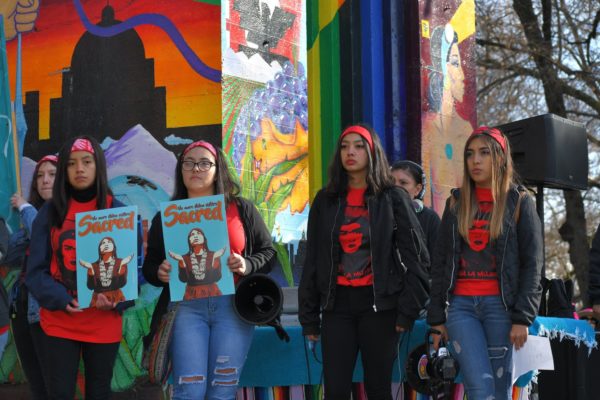
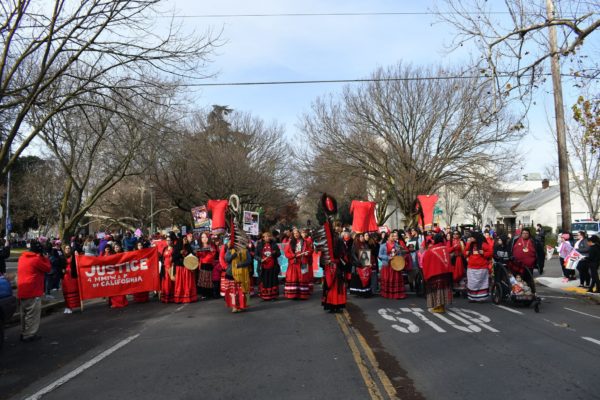
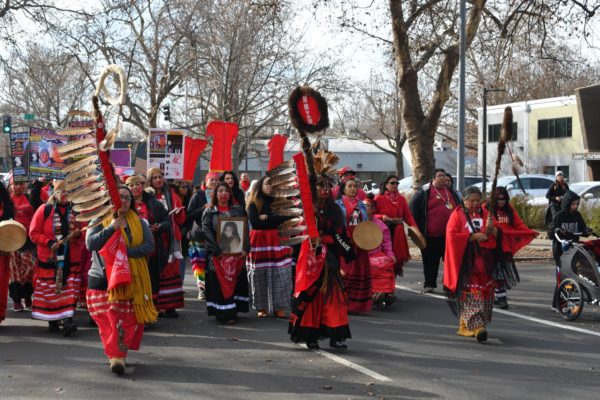
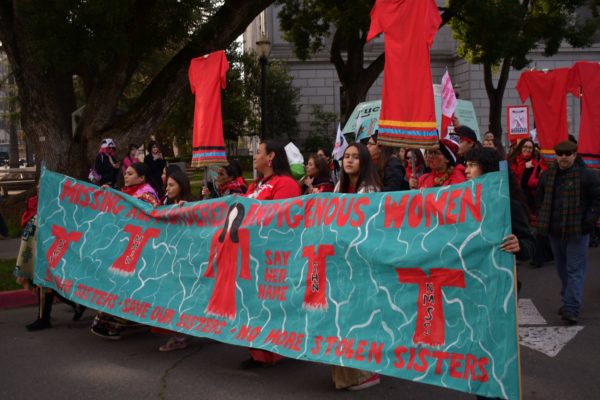
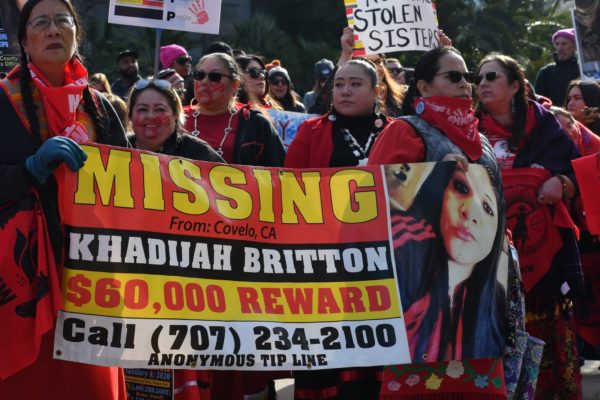
Above photographs were taken by Norm Sands in Sacramento, California. Marchers walked to the
State Capitol to rally in support of women's right, including MMIW.
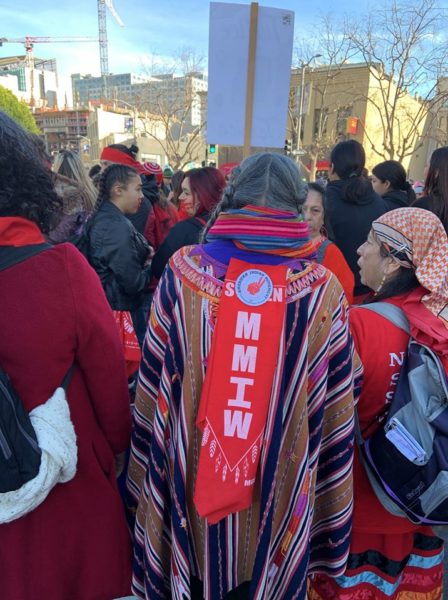
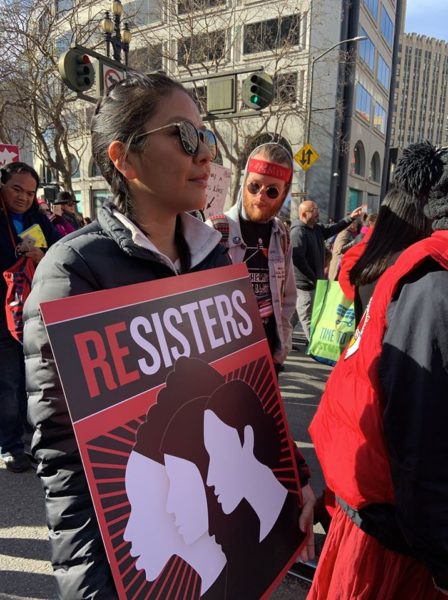
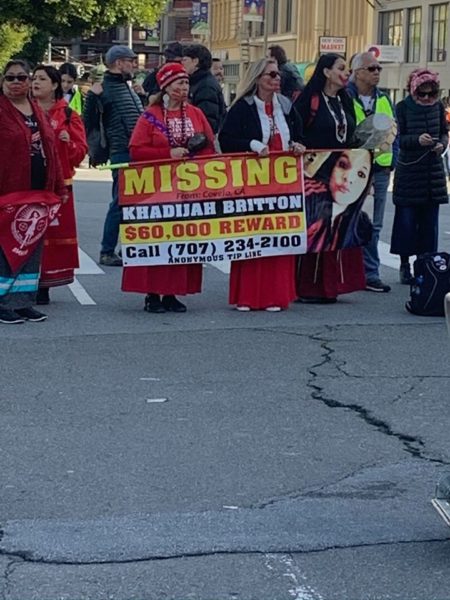
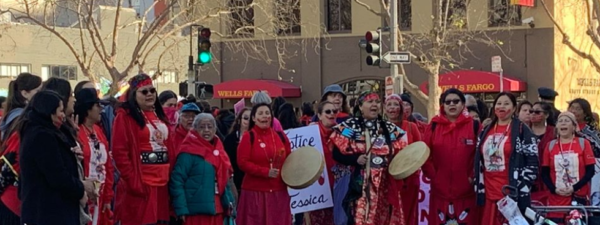
The above photographs were taken in San Francisco. Submitted by DeCoy Gallerina.
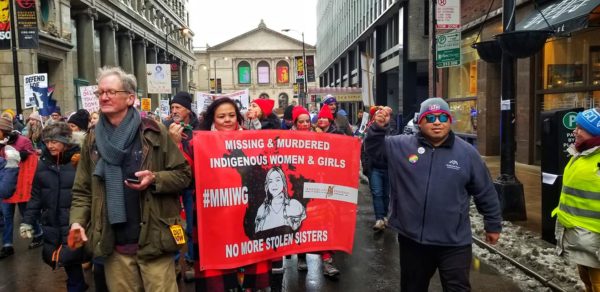
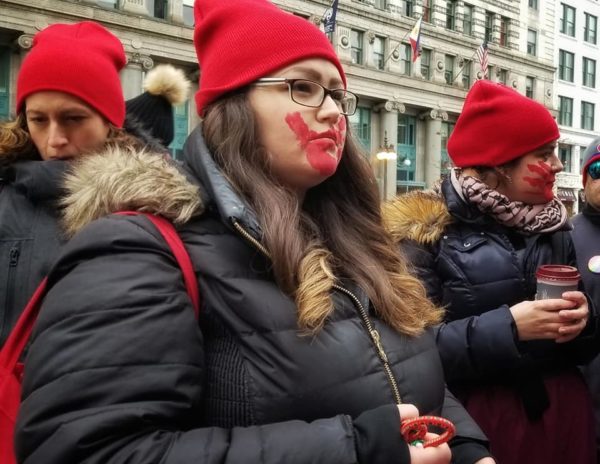
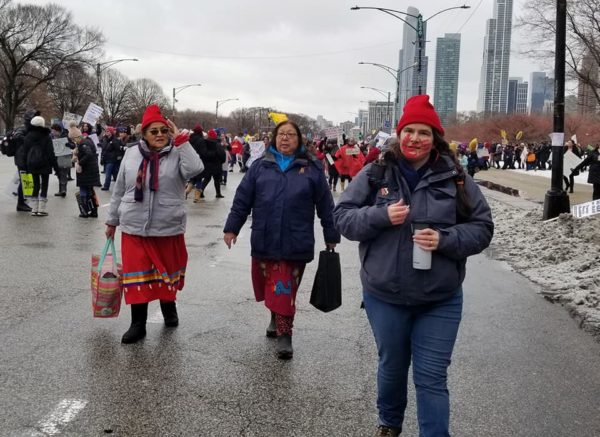
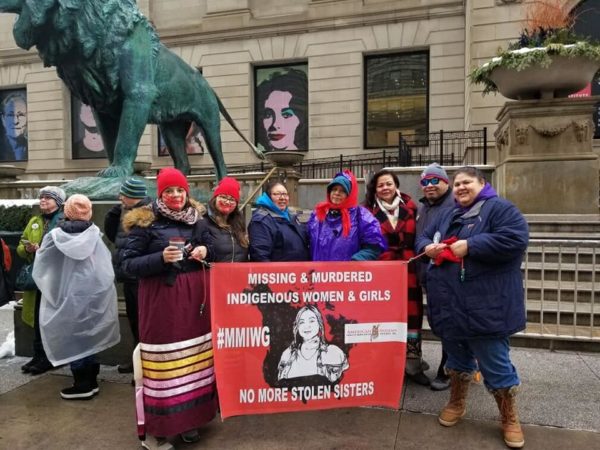
The above photographs were taken at the Women's March in Chicago. They were submitted by the American Indian Health Service of Chicago staff.
More Stories Like This
Native News Weekly (August 25, 2024): D.C. BriefsCheyenne River Youth Project to Celebrate Women’s Strength at Barbie-Themed Passion for Fashion on March 14
Celebrating Native American Women
Native Bidaské: The Illusion of Freedom and the Myth of America 250, Leonard Peltier Speaks Out
Monday Morning (March 2, 2026): Articles You May Have Missed This Past Weekend
Help us defend tribal sovereignty.
At Native News Online, our mission is rooted in telling the stories that strengthen sovereignty and uplift Indigenous voices — not just at year’s end, but every single day.
Because of your generosity last year, we were able to keep our reporters on the ground in tribal communities, at national gatherings and in the halls of Congress — covering the issues that matter most to Indian Country: sovereignty, culture, education, health and economic opportunity.
That support sustained us through a tough year in 2025. Now, as we look to the year ahead, we need your help right now to ensure warrior journalism remains strong — reporting that defends tribal sovereignty, amplifies Native truth, and holds power accountable.
 The stakes couldn't be higher. Your support keeps Native voices heard, Native stories told and Native sovereignty defended.
The stakes couldn't be higher. Your support keeps Native voices heard, Native stories told and Native sovereignty defended.
Stand with Warrior Journalism today.
Levi Rickert (Potawatomi), Editor & Publisher

